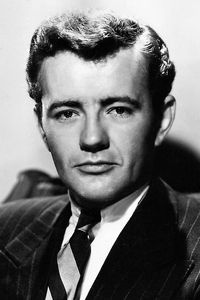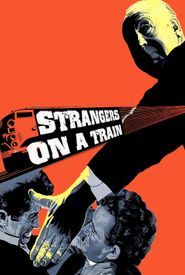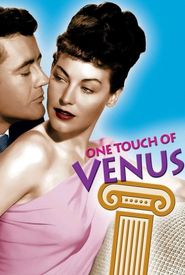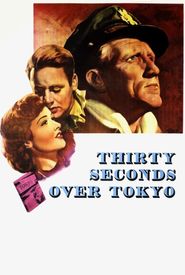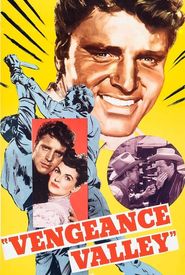Robert Walker, a talented actor, was born Robert Hudson Walker in 1918 in Salt Lake City, Utah. He was the youngest of four sons to Zella (McQuarrie) and Horace Hudson Walker, a news editor. His parents separated when he was young, and the anxiety and depression that followed had a profound impact on his early school years. He was expelled from school several times due to his behavioral problems.
To channel his energies and develop confidence, Walker took up acting. He won a top performance prize at the Pasadena Playhouse and later attended the American Academy of Dramatic Art (AADA) in 1938. It was there that he met his future wife, Phyllis Isley, who would later become the actress Jennifer Jones.
The couple fell in love and married in 1939, honeymooning in Hollywood to secure more acting parts. They returned to New York and started a family, with sons Robert Walker Jr. and Michael Walker both becoming actors. Jennifer's career took off with the help of producer David O. Selznick, who signed her to a contract and secured a contract for Robert at MGM.
Robert's early success included his role as a sailor in "Bataan" (1943),but he was miscast as a scientist in "Madame Curie" (1943). His breakthrough role came in "See Here, Private Hargrove" (1944),where he played a sweet and sad-sack title character. However, his personal life began to unravel when Jennifer became involved with Selznick, leading to a tumultuous period of heavy drinking and erratic behavior.
Walker's career continued to suffer due to his personal struggles, with roles in "Since You Went Away" (1944) and "The Clock" (1945) being notable exceptions. He played a young soldier who dies before the end of the film in "Since You Went Away," and his performance in "The Clock" opposite Judy Garland showcased his star quality.
Despite his personal demons, Walker continued to act, appearing in films such as "Till the Clouds Roll By" (1946),"Song of Love" (1947),and "One Touch of Venus" (1948). However, his marriage to Barbara Ford ended in divorce after just five months, and he was committed to a sanatorium in 1949.
After his recovery, Walker returned to work with roles in "Please Believe Me" (1950) and "Vengeance Valley" (1951). His most memorable role came in Alfred Hitchcock's "Strangers on a Train" (1951),where he played a charming psychopath who attempts to trade murder favors with Farley Granger.
Tragically, Walker's life was cut short when he died on August 28, 1951, at the age of 31, due to an allergic reaction to a sedative. His death was a shock to the film industry, and he was remembered as a talented and charismatic actor who was destined for greatness.
